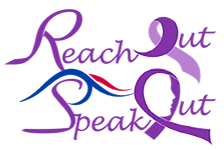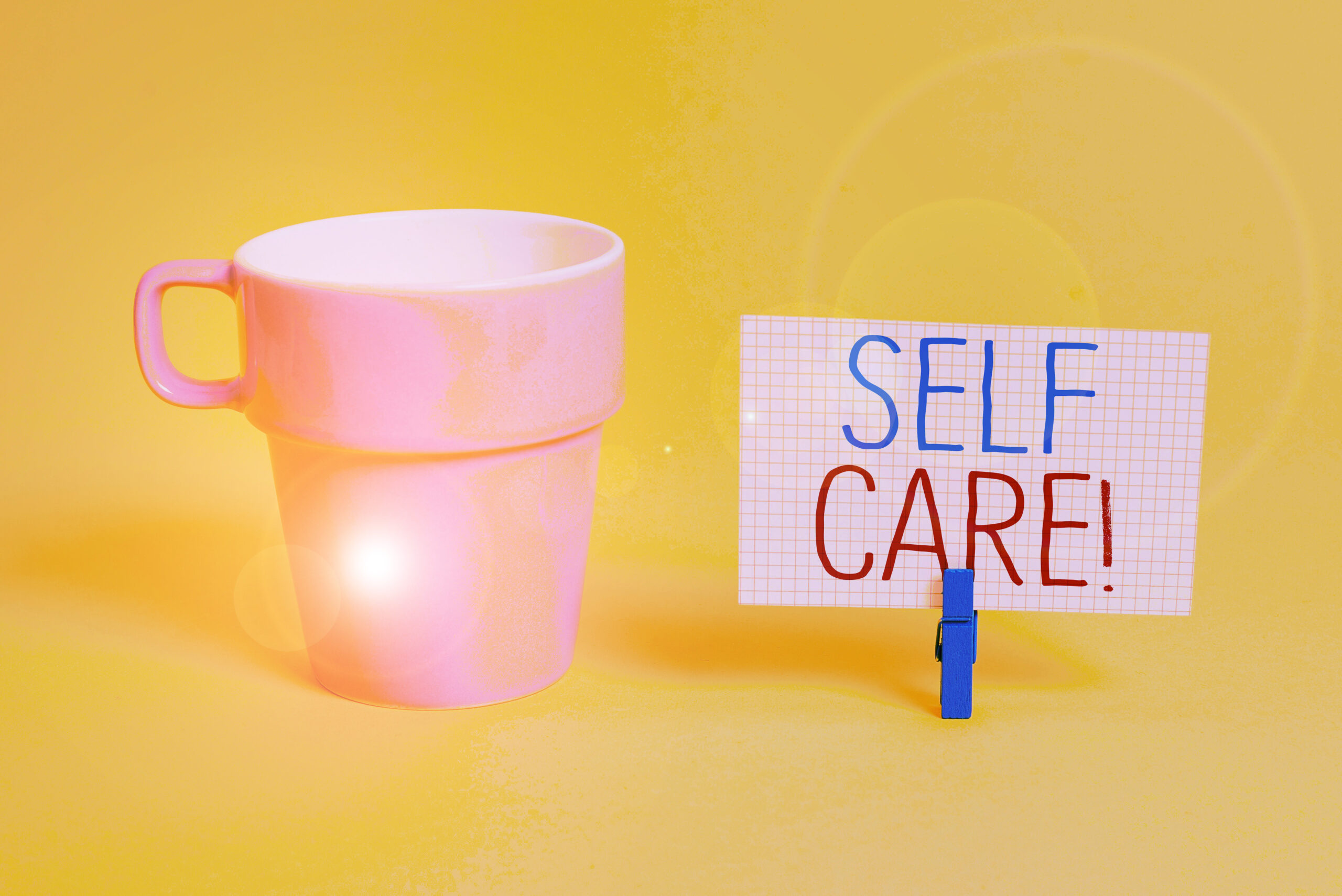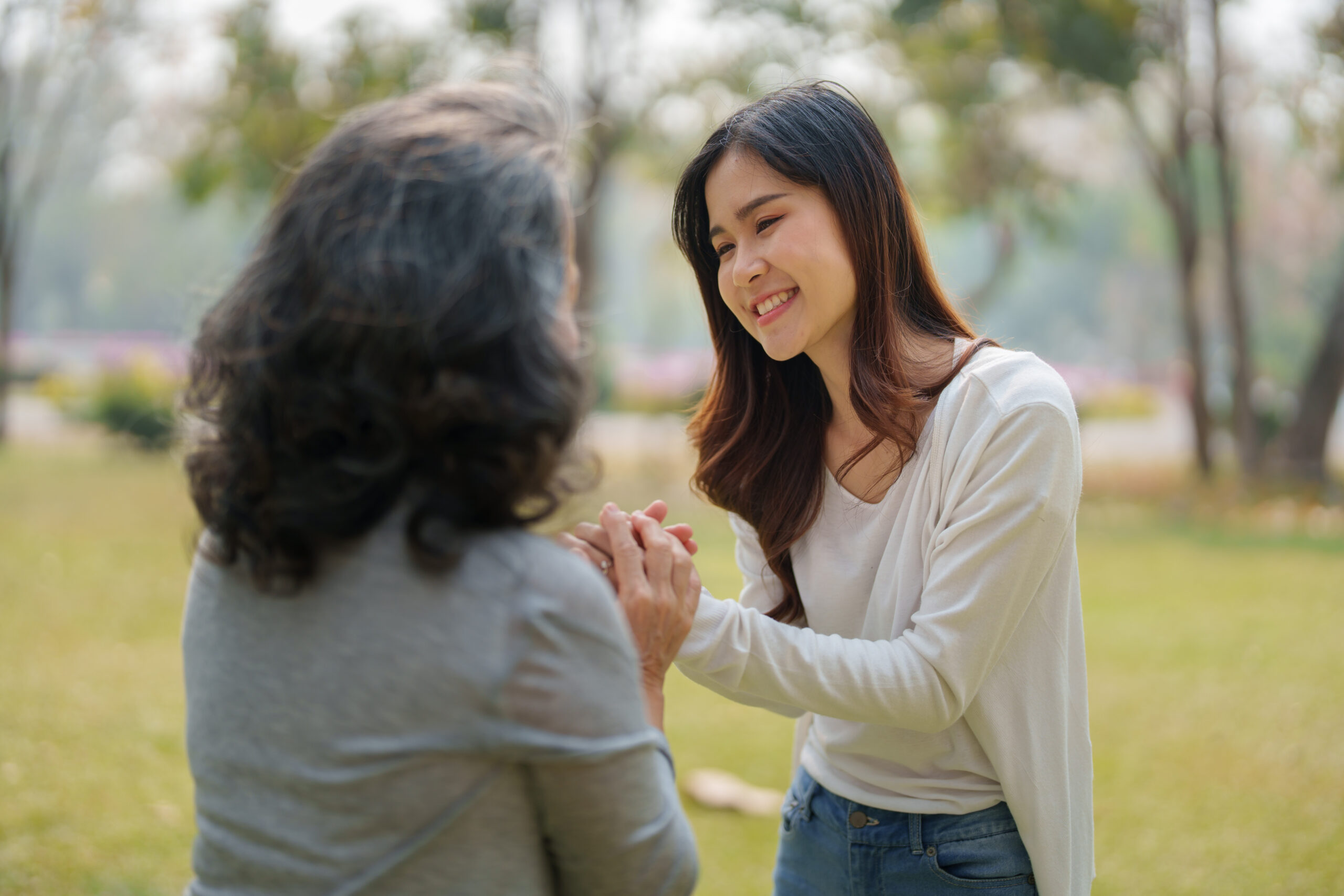2 Corinthians 5:7 NIV “For we live by faith, not by sight. When was the last time faith rose in you? In that moment, you didn’t consider the circumstance; you considered the Lord. Faith sees differently. Faith speaks differently. Faith makes different decisions. Faith lives, and you live by faith. Without it, you cannot please the Lord (Heb. 11:6). Faith is evidence that you trust God. It is evidence that you
believe Him. And with faith comes obedience. If there is no obedience, there is no faith. It’s no wonder why true life for the believer is lived by faith.
Today, you have an opportunity to have faith in God. How can you live by faith while in your home, on your job or wherever you are? “Faith assures us of things we expect and convinces us of the existence of things we cannot see,” (Heb. 11:1, GW). Faith isn’t double minded. It isn’t wishful thinking. Instead, faith sees something, says something, and does something based on God’s word. So, let faith rise as the Kingdom of God advances!
Week’s prayer:
“Lord, thank You for providing the Faith I need to live each day.”
Action:
How have you demonstrated faith during a challenging time?










